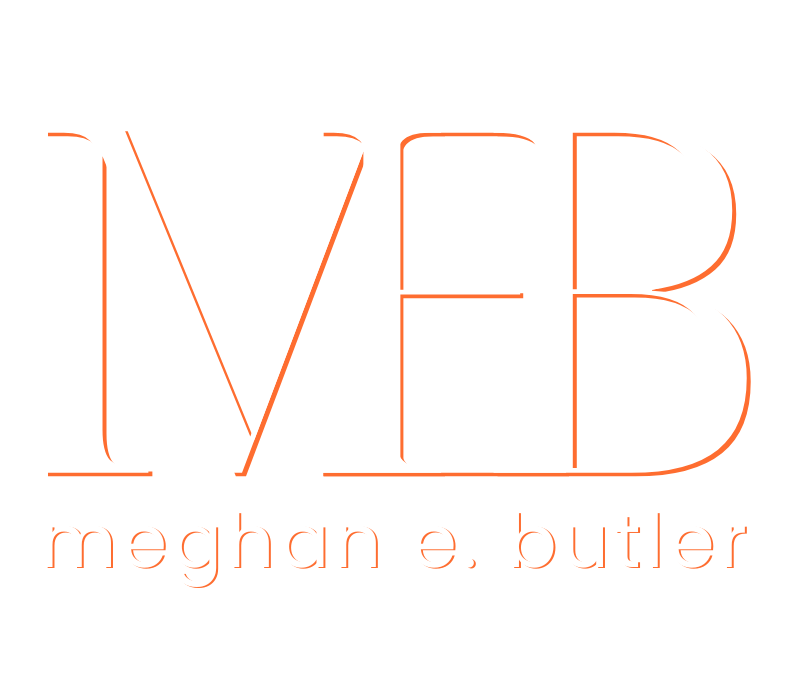MEB for Inc.: How to Coach a Direct Report through Self Awareness
file under “human nature we should learn on purpose”
Self awareness, the fundamental building block of emotional intelligence, is often learned over time, and is easier for some more than others. (original article @ Inc.)
In recent years, and through my work in emotional intelligence coaching, I've come to understand something with absolute certainty:
Self awareness and its different components -- self regard, self actualization and emotional self awareness -- are the fundamental building blocks of emotional intelligence (E.I.). Every part of E.I. depends on your ability to be self aware. If you can't achieve it, your potential for success inside and outside of work will be greatly handicapped.
For a long time, I missed out on the coaching provided to me because I either wasn't ready to hear it or was too stuck in my own head to understand what was happening.
Ultimately, however, that coaching wasn't lost. It seeped into my gray matter and took root -- only the people providing it didn't get to benefit from their care and feeding of my E.I. development. (I assume this is how many parents feel about grown children.)
I want you to hear me when I say this: If your direct report isn't mature enough or open enough to receive or participate in your coaching, it does not mean you shouldn't do it.
Generally speaking, coaching people through personal and professional development is an endurance sport. You need to condition yourself to outlast their learning curve. Consider it an act of humanitarianism regardless of whether or not you directly benefit.
The Framework
I've created a framework to help managers and business leaders better coach their direct reports through the process of becoming self aware. I call it "The University of Self Awareness." (Can I get ten points for clarity and simplicity on that one?)
Let's pretend, for a moment, that you could actually get a degree in self awareness. This is what the cumulative process would look like:
Freshman year -- I have emotions and I can name them
Sophomore year -- I know why I feel them and how they affect my performance
Junior year -- I know how they affect those around me and I can recognize the same in others
Senior year -- I can regulate my own emotions
Graduate school -- I can set boundaries and I can remove myself from the situation to see the whole picture
PhD -- I can use my emotions and those of others to my advantage
Here's a conversation starter, and some guiding questions for each stage in the maturity process. For the sake of this exercise, let's use a frustrated team member as an example.
Conversation starter: "We value your insights and contributions to the team. Recently, I've noticed something is holding you back and I want to better understand what's happening on your side of the desk."
Once you observe where your direct report is in this theoretical degree path, you know where to begin the conversation.
Freshman -- I have emotions and I can name them
What exactly prompted your frustration? Was it a moment, a person, or has it been building?
How did that feel to you?
Do you feel alone in your experience?
Sophomore -- I know why I feel them and how they affect my performance
When you are frustrated because of XYZ, how does that show up in your work?
How does being frustrated impact your judgment?
Now that we understand that, what can you do differently in that moment? How can I support you?
Junior -- I know how my emotions affect those around me and I can recognize the same in others
When you're frustrated, how does that impact those around you? Do they shut down? Do they become defensive? Are they reluctant to collaborate?
What does it look like and feel like when your coworker is frustrated?
Can you tell when they are becoming frustrated? Or do you only notice once they are frustrated?
Senior -- I can regulate my own emotions
What happens on the inside when you are frustrated?
When you're frustrated, what happens to the rest of your work?
What does it mean to control that? What strategies are best for you?
Graduate school -- I can set boundaries and remove myself from the situation to see the whole dynamic
When you are frustrated, do you take it personally?
When you're frustrated, what story are you telling yourself?
How do you/can you compartmentalize your frustration?
What would it look like and feel like to be neutral when you're frustrated?
PhD -- I can use my emotions and those of others to my advantage
How does your self containment during a frustrating moment change the dynamics of the room?
How do you respond to someone else's frustration? Is it a barrier or a catalyst?
Obviously, this is a process, a combination of multiple conversations over time. And remember, when you're coaching a direct report, your job isn't to give them the answers, it's to use your experience and objective observations to guide them to answering the questions and finding solutions for themselves.
I'd like to think I have a PhD in self awareness, by this point. But I don't always get it right. No one does.




